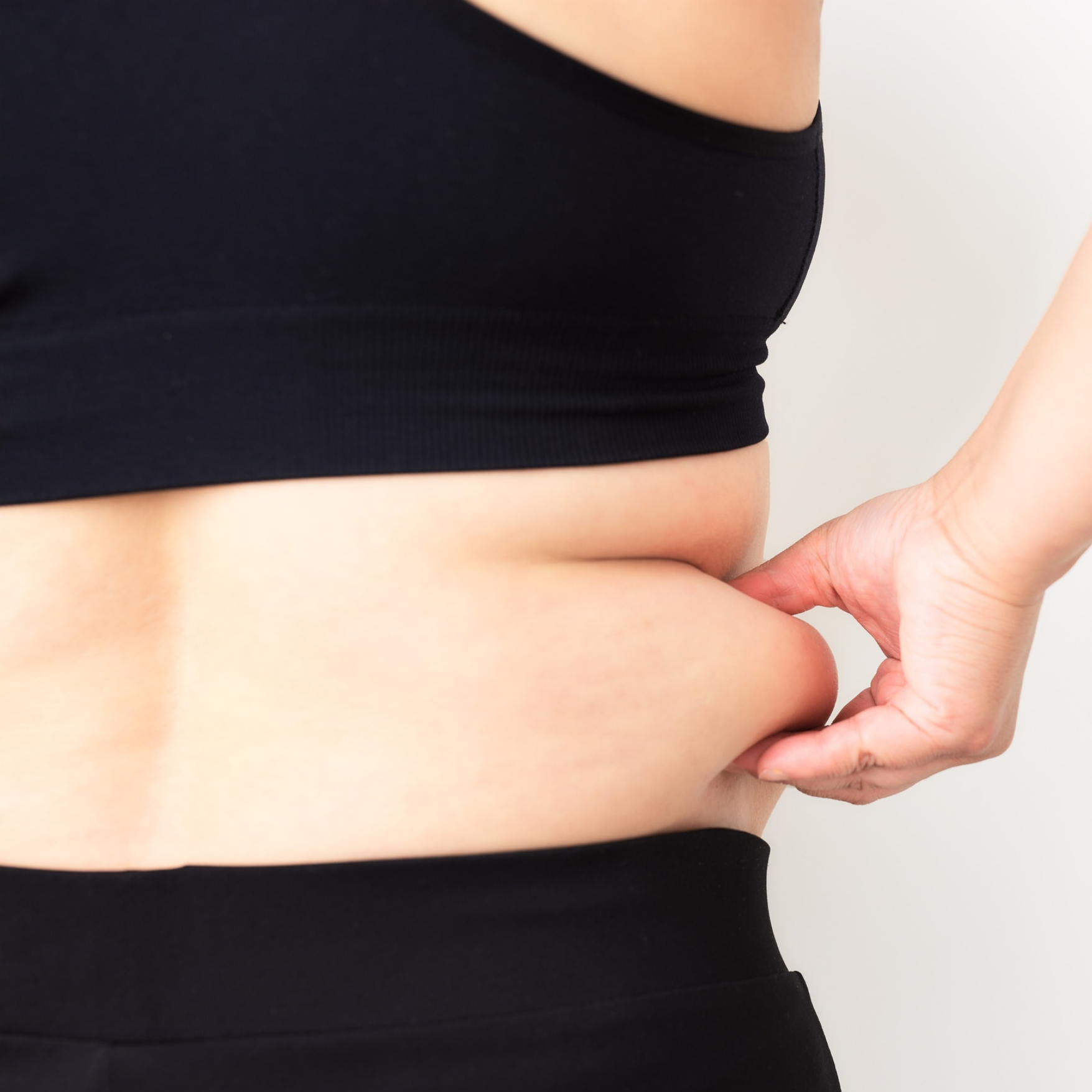Do I need to follow a low-fat diet after pancreatitis?
After a single episode or even recurrent episodes of pancreatitis, the advice is often to follow a low fat diet. Why is this, and is it necessary?
Let’s start with what the pancreas does. Well it does quite a lot actually, but for our purposes the relevant function it performs is making enzymes needed for the digestion of our food, and secreting these into the duodenum (small bowel) in response to a meal.
The advice to follow a low-fat diet after an episode of mild, acute pancreatitis is a practice that is strongly influenced by tradition and based on two theoretical advantages (1):
1) The first theoretical advantage is that less dietary fat results in a decreased release of cholecystokinin (a signalling hormone), which will result in reduced contraction of the gallbladder (which contains the bile for fat emulsification) and reduced delayed gastric emptying, both of which might lead to a reduction in symptoms (e.g. pain, nausea, vomiting) in patients with pancreatitis.
2) The second theoretical advantage is based on the assumption that pancreatic stimulation is detrimental in patients with pancreatitis and the observation that lipids are the strongest stimulant to pancreatic secretion.
Although theoretically the above makes sense, in reality:
· Pancreatic stimulation is still significant with a low-fat diet.
· Avoiding fat altogether doesn’t ‘rest’ the pancreas as implied, as amino acids (from protein) and carbohydrates also significantly stimulate pancreatic secretions.
· Pancreatic secretion is also affected by caloric content and physical properties of the meal as well as nutrient content.
· There are no studies examining the effect of dietary fat levels on outcome in acute pancreatitis or on preventing reoccurrences of acute pancreatitis. So until there are, consuming dietary fat in accordance with the Ministry of Health Guidelines for healthy eating, and choosing unsaturated fats instead of saturated fats, is the way to go. (I’m not saying you can go all out and have a super oily meal – that probably would make you feel pretty awful).
There is a caveat though! If you have had an episode of moderate or severe pancreatitis, which involved pancreatic necrosis or other complications, your ability to digest fats might get affected. Let me explain…
Necrosis (death) of pancreatic parenchyma (tissue) can occur during a bad episode of pancreatitis due to parts of the pancreas not receiving enough blood or oxygen to survive. And because the pancreas is responsible for making many of our digestive enzymes, in particular the ones that digest fats (lipases), this production and release into the duodenum (small bowel) where digestion takes place can be affected. This can lead to malabsorption of fat (primarily), and the accompanying symptoms of this, such as abdominal pain, bloating, unintentional weight loss and steatorrhoea (fatty, pale, smelly diarrhoea). This is called pancreatic exocrine insufficiency (PEI). So now should you restrict fat you may ask…?
No!
Fats are important in our diet and avoiding them for extended periods of time can result in weight loss, fat-soluble vitamin deficiencies and essential fatty acid deficiencies. Also, avoiding fat might mask the underlying PEI, which needs treatment.
So instead, in this situation where your ability to digest fats has been affected (PEI), Pancreatic Enzyme Replacement Therapy (PERT) should be consumed every time you eat. PERT consists of capsules that contain enteric-coated, pH sensitive granules that have…you guessed it…digestive enzymes inside! So if you consume PERT with your meals, your body will have the digestive enzymes it needs to break down the food you eat so it is able to be absorbed (and not end up in the toilet). Clever huh? Your Specialist Dietitian will be able to prescribe this for you.
Not everyone has their digestion affected though, so it’s really important to be guided by your specialist team. And even if your digestion is compromised in the immediate period after an episode of severe pancreatitis, most times digestion improves (PEI resolves) within 12 – 18 months. It’s all about ongoing monitoring and evaluation after you’ve gone home from hospital (2).
I should add that pancreatitis is a very complicated illness, and the evidence around it is constantly changing. The historical advice to follow a low-fat diet is a great example of this!
References
1. Lowe, Mark E., and Wednesday A. Sevilla. "Nutritional advice for prevention of acute pancreatitis: review of current opinion." Nutrition and Dietary Supplements, vol. 4, annual 2012, pp. 71+.
2. Australasian Pancreatic Club. Australasian guidelines for the management of pancreatic exocrine insufficiency. 2015



